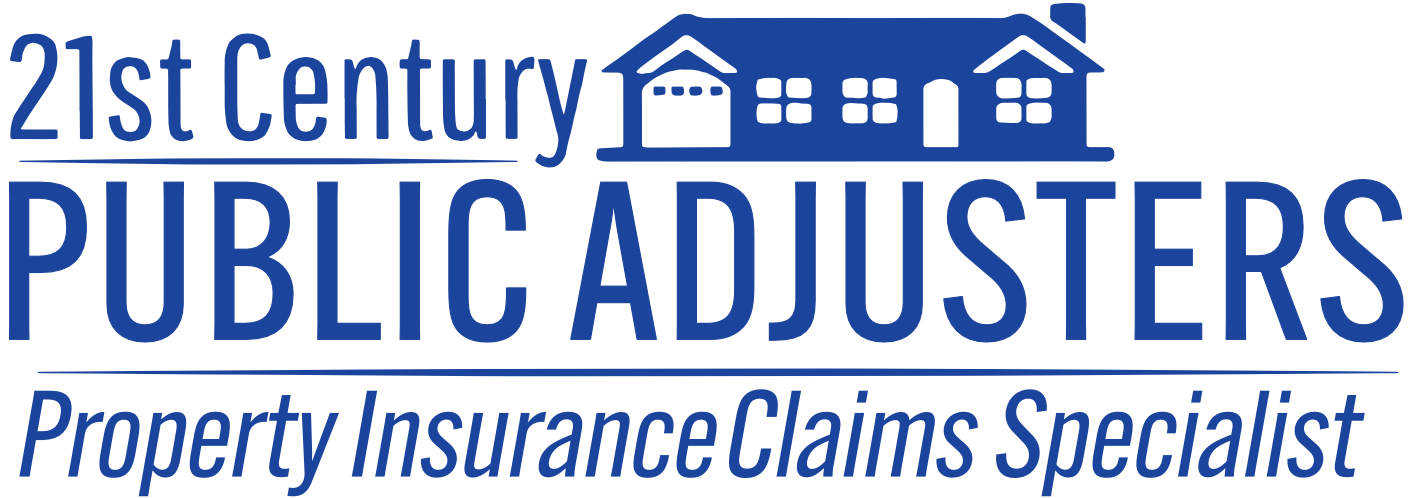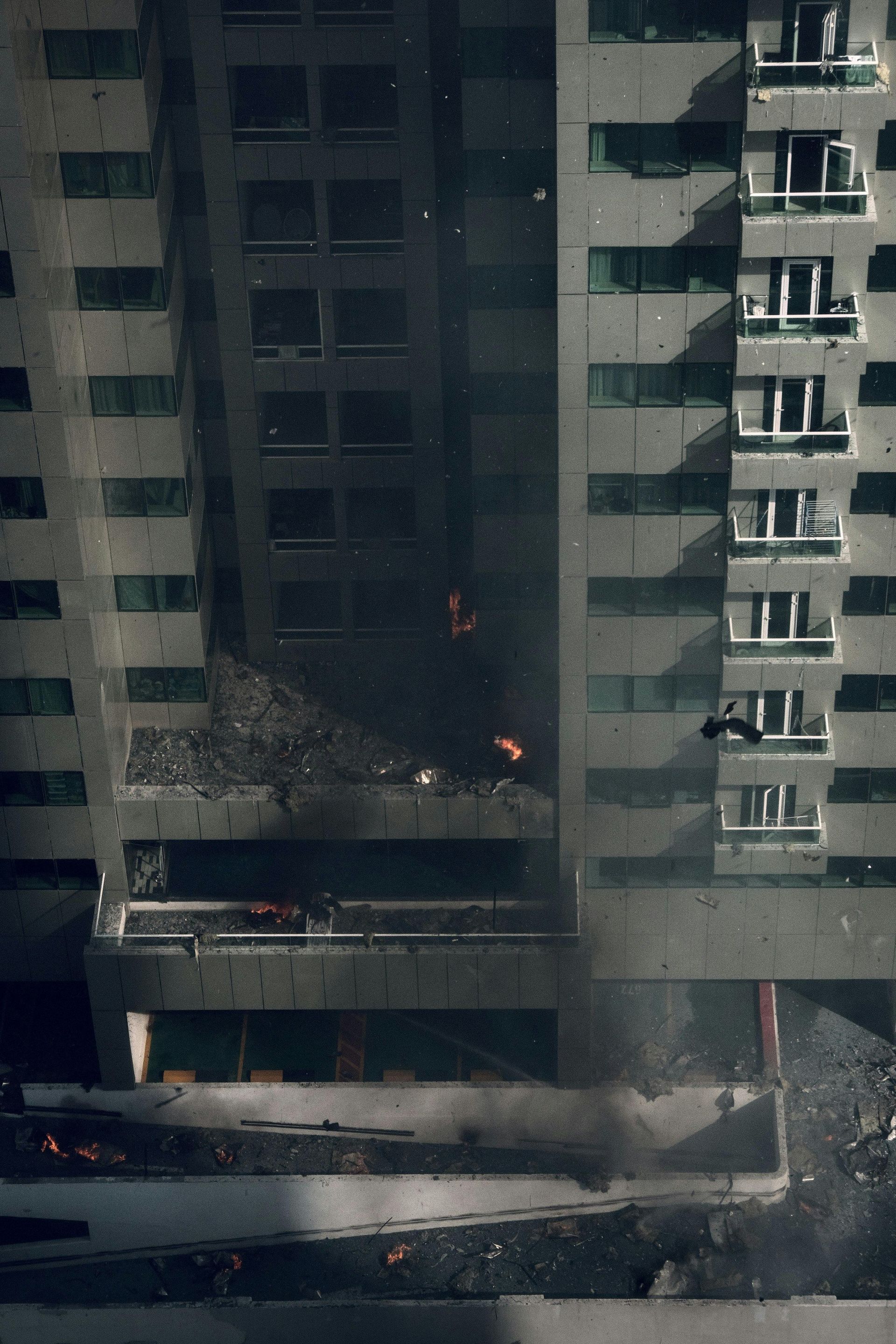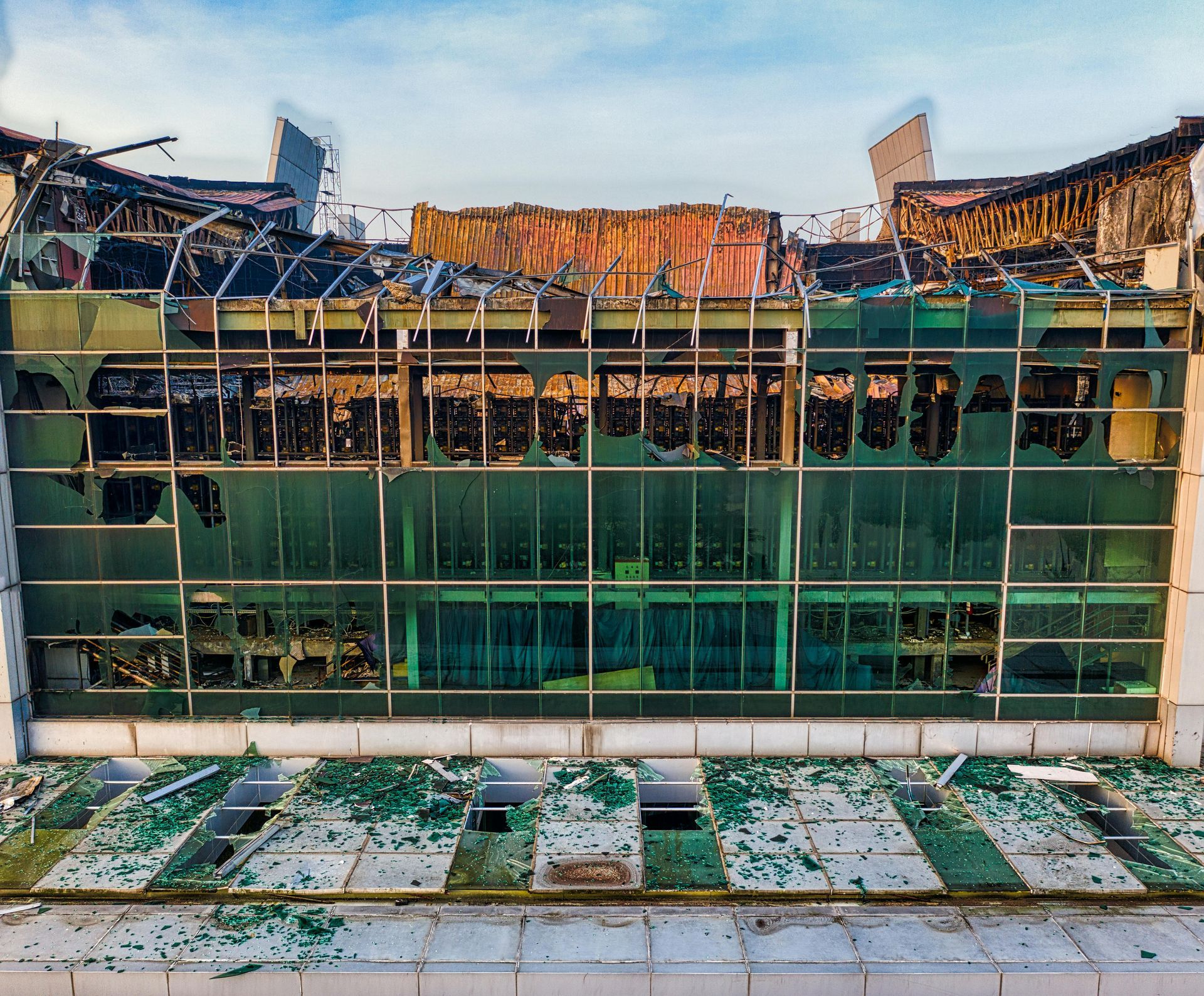When to Hire a Public Adjuster vs. Handle It Yourself
Filing an insurance claim can feel overwhelming, especially when you're dealing with property damage and financial stress. Many policyholders face a critical decision: should they navigate the claims process alone or hire a public adjuster for their insurance claim? Understanding the role of these professionals and recognizing situations where their expertise becomes valuable can make a significant difference in your claim outcome.
The choice between self-handling and professional assistance depends on several factors, including claim complexity, damage extent, and your comfort level with insurance procedures. While some situations call for expert intervention, others may be manageable on your own. This guide explores when hiring a public adjuster makes sense and when you might be better off handling the claim independently.
Making an informed decision requires understanding what public adjusters do, how they differ from insurance company adjusters, and the specific circumstances that warrant their involvement. Let's examine these considerations to help you determine the best path forward for your situation.
Key Takeaways
- Complex or high-value claims typically benefit from professional adjuster expertise, while straightforward, smaller claims may be manageable independently
- Public adjusters work exclusively for policyholders, not insurance companies, and typically charge 5-15% of the final settlement amount
- Timing matters significantly in the claims process, and it's generally not too late to hire a public adjuster until your claim is finalized and settled
- Commercial property claims and business interruption losses often require specialized knowledge that public adjusters provide
- Documentation quality directly impacts settlement amounts, and public adjusters excel at preparing comprehensive claim packages
- Self-handling claims work best when damage is minimal, clearly documented, and the insurance company responds cooperatively
What Is a Public Adjuster?
A public adjuster is a licensed professional who represents policyholders during the insurance claims process. Unlike insurance company adjusters who work for insurers, public adjusters serve as your advocate, focusing on maximizing your settlement rather than minimizing payouts.
These professionals inspect and document property damage, review your insurance policy to identify covered losses, prepare detailed estimates, and negotiate directly with the insurance company on your behalf. Their expertise in insurance law, construction costs, and claims procedures proves invaluable for complex situations, particularly in identifying hidden damages, interpreting policy language, and countering lowball offers through experienced negotiation tactics.
When to Hire a Public Adjuster
Certain situations strongly indicate that professional assistance will benefit your claim outcome. Recognizing these scenarios helps you make timely decisions about seeking expert help.
Large or Catastrophic Losses
Major property damage from fires, severe storms, or natural disasters typically involves substantial financial stakes. When your claim exceeds $50,000, the complexity and settlement amount justify hiring a professional. Public adjusters identify damage that insurance company adjusters might undervalue or overlook, and their detailed documentation often results in significantly higher settlements.
Complex Claims with Multiple Damages
Some claims involve various types of damage across different property areas. Water damage might affect structural elements, electrical systems, and personal property simultaneously. Fire damage often includes smoke contamination, structural compromise, and water damage from firefighting efforts. A private claims adjuster understands how different damage types interact and ensures comprehensive evaluation and documentation.
Denied or Undervalued Claims
When you receive a denial letter or an inadequate settlement offer, a public adjuster can review your case, analyze the insurance company's reasoning, gather additional evidence, and present a compelling argument for reconsideration. Their involvement often leads to claim approvals or significantly increased settlements.
Commercial Property and Business Interruption Claims
Business insurance claims involve additional complexities beyond residential property damage. Lost income calculations, extra expense coverage, and business interruption periods require specialized expertise. Public adjusters with commercial experience can document these losses properly and work with your accountant to present accurate financial impacts.
Limited Time or Knowledge
The claims process demands considerable time for documenting damage, obtaining estimates, and completing paperwork. If you lack time due to work commitments or feel overwhelmed by insurance terminology and procedures, a professional's knowledge prevents costly mistakes that could reduce your settlement.
Structural Damage Requiring Expert Assessment
Foundation issues, roof damage, and structural compromises need professional evaluation. Public adjusters work with engineers and contractors to assess these problems accurately, ensuring your settlement covers complete restoration rather than temporary fixes.
When Is It Too Late to Hire a Public Adjuster?
You can hire a public adjuster anytime between filing your claim and signing the final settlement agreement. Once you accept a settlement and sign release forms, reopening your claim becomes extremely difficult.
- Optimal Timing: The best time to hire a public adjuster is immediately after damage occurs, before filing your claim. Early involvement allows comprehensive documentation from the start and often leads to better outcomes.
- Mid-Process Hiring: If you've already filed but feel overwhelmed or dissatisfied with the insurance company's response, hiring an adjuster remains viable. They can take over communications and supplement existing documentation with additional evidence.
- Late-Stage Considerations: You can still hire a public adjuster after receiving a settlement offer if you haven't signed the agreement. However, waiting until this stage limits their ability to conduct thorough damage assessments.
- Reopening Closed Claims: Once you sign settlement documents and receive payment, reopening becomes nearly impossible. Some policies include supplemental claim provisions for newly discovered damage, but these involve specific requirements and limited timeframes.
Handling Insurance Claims Yourself
Self-managing your insurance claim can work well in certain situations. Understanding when DIY makes sense helps you avoid unnecessary expenses while maintaining control over straightforward claims.
Situations Favoring Self-Management
Several scenarios make independent claim handling practical:
- Minor Damages: Small claims under $10,000 with straightforward damage typically don't justify paying adjuster fees. Simple incidents like broken windows, small water leaks, or minor property damage are usually manageable without professional help.
- Clear-Cut Losses: When damage cause and extent are obvious, documentation becomes straightforward. These situations rarely require expert intervention since coverage applicability is typically undisputed.
- Cooperative Insurance Response: If your insurance company responds promptly, communicates clearly, and offers fair settlements, professional help may be unnecessary. When you feel heard and respected throughout the process, self-management often succeeds.
- Limited Claim Value: When potential settlement increases wouldn't offset adjuster fees, handling claims yourself makes financial sense.
Steps for Self-Managing Claims
Successfully handling your own claim requires a systematic approach:
- Document Immediately: Photograph and video all damage from multiple angles before making repairs. Create detailed inventories of damaged items with descriptions, purchase dates, and values.
- Review Your Policy: Read your insurance policy carefully, paying attention to coverage limits, exclusions, and deductibles.
- File Promptly: Report your claim as soon as possible. Most policies require timely notification.
- Obtain Estimates: Get multiple repair estimates from licensed contractors. Ensure estimates are detailed and itemized.
- Track Everything: Keep records of all communications, including emails, letters, and phone calls. Note who you spoke with, when, and what was discussed.
- Communicate Professionally: Maintain courteous but firm communication with insurance representatives. Ask questions about anything you don't understand.
- Know Your Rights: Understand that insurance companies must handle claims in good faith. If you feel mistreated, you can file complaints with your state insurance department.
Cost Considerations
Financial implications play a significant role in deciding whether to hire a public adjuster. Understanding fee structures helps you evaluate whether professional assistance makes economic sense for your situation.
Public Adjuster Fees
Private insurance adjusters typically work on contingency, meaning they receive a percentage of your final settlement. Fee structures vary but generally follow these patterns:
| Claim Size | Typical Fee Percentage |
|---|---|
| Under $50,000 | 10-15% |
| $50,000 - $250,000 | 8-12% |
| Over $250,000 | 5-10% |
Some adjusters charge flat fees for smaller claims or hourly rates for consulting services. Catastrophe situations (hurricanes, wildfires, major storms) sometimes involve higher fees due to increased demand and complexity. Always get fee agreements in writing before signing contracts.
Evaluating Cost vs. Benefit
Determining whether adjuster fees justify their cost requires an honest assessment. Consider a scenario where your claim might settle for $75,000 independently but could reach $110,000 with professional help. Paying a 10% fee ($11,000) leaves you with $99,000, exceeding the independent settlement by $24,000. In this situation, hiring an adjuster clearly makes financial sense.
Insurance company adjusters often present initial offers with the knowledge that many policyholders will accept without negotiation. Public adjusters understand this strategy and can secure significant increases through proper documentation and negotiation.
Questions to Ask Before Hiring a Public Adjuster
Selecting the right public adjuster requires due diligence:
- What are your licensing and credentials? Verify they hold current licenses in your state. Ask about professional certifications, years of experience, and areas of specialization.
- What types of claims do you typically handle? Ensure they have relevant experience with your claim type. Specific expertise matters when dealing with complex claims.
- How do you charge for your services? Get clear fee structure explanations and request written fee agreements before signing contracts.
- Can you provide references? Request contact information for recent clients with similar claims. Be wary of adjusters unwilling to provide references.
- What is your process and communication style? Understand their timeline expectations, communication frequency, and your role in the process.
Frequently Asked Questions
What does a public adjuster do that I can't do myself?
Public adjusters bring specialized knowledge in insurance policy interpretation, damage assessment, and claims negotiation that most policyholders lack. They also understand construction costs, building codes, and insurer tactics that help maximize settlements.
When is it too late to hire a public adjuster for my claim?
You can hire a public adjuster anytime before signing your final settlement agreement and release forms. Once you accept payment and sign these documents, reopening your claim becomes nearly impossible.
Are public adjusters worth the cost for small claims?
For claims under $10,000, public adjuster fees often don't justify the potential settlement increase. Self-managing small, straightforward claims typically makes more financial sense.
How long does the claims process take with a public adjuster?
Timeline varies based on claim complexity, but public adjusters often expedite the process through efficient documentation and communication. Most claims resolve within 30-90 days, though complex situations may take longer.
Can I switch from handling my claim myself to hiring a public adjuster mid-process?
Yes, you can hire a public adjuster at any point before finalizing your settlement. They'll review existing documentation, supplement it as needed, and take over negotiations from wherever you left off.
Final Thoughts
Deciding when to hire a public adjuster versus handling your insurance claim independently requires careful consideration of claim complexity, damage extent, settlement value, and your available time and knowledge. Large losses, denied claims, commercial property damage, and structural issues typically benefit from professional expertise, while smaller, straightforward claims with cooperative insurance response often work well through self-management.
Understanding what public adjusters do and how they maximize settlements through expert damage assessment, policy interpretation, and negotiation skills helps clarify their value proposition. Their fees often prove worthwhile when they secure significantly higher settlements that more than offset their costs.
The key is recognizing your situation's unique characteristics and acting accordingly. If you feel overwhelmed or deal with substantial damages, professional assistance often proves worthwhile. However, if your claim seems manageable and straightforward, self-handling may be most practical. Whatever path you choose, thorough documentation, prompt action, and clear communication remain essential for successful claim resolution.
Contact a licensed public adjuster today to get the settlement you deserve.
Reference:
https://www.candsins.com/blog/how-to-get-insurance-to-pay-for-water-damage/



